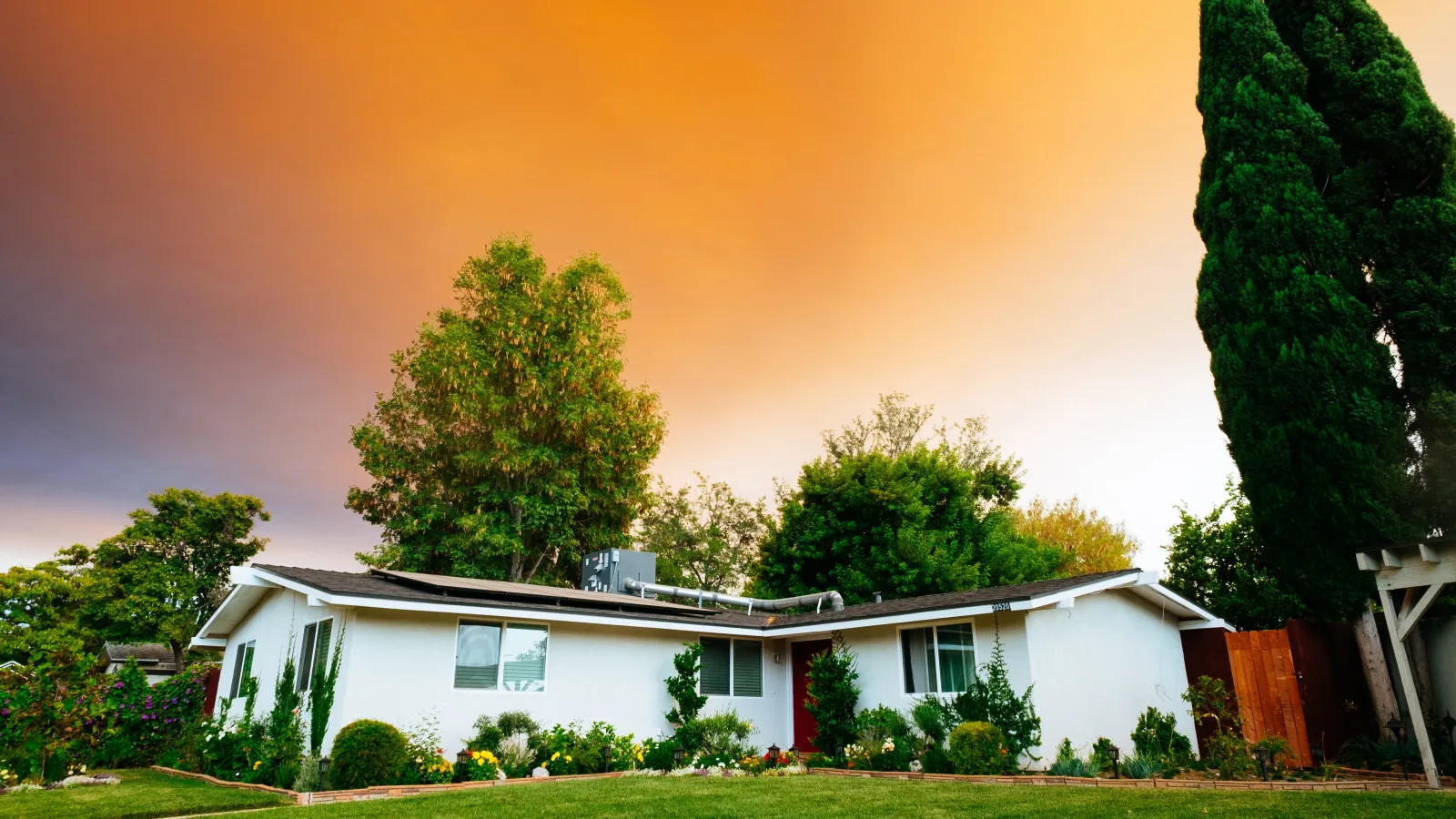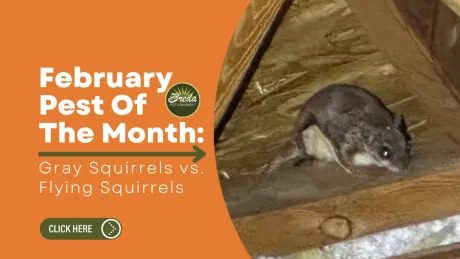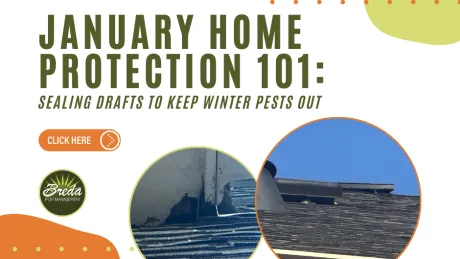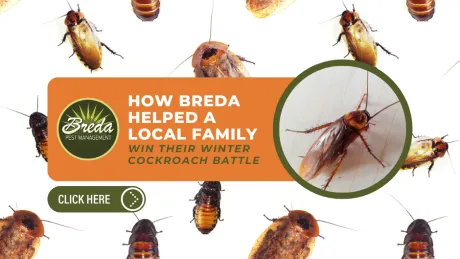Wasps are flying insects ranging in size from the smaller Eastern yellow jacket to the larger paper wasp. Wasps are considered to be beneficial insects by most gardeners because they prey on grubs and other smaller insects that invade gardens. However, they do sting both humans and pets and tend to be quite aggressive, especially when it comes to protecting the territory where their nests are set up. One of their favorite places to nest is underneath shaded areas and inside trees. Although sometimes, they find themselves a desirable place to nest on the outside of a person's window or the side of a house. Wasp nesting and infestation can cause a homeowner's family problems and must be dealt with. Wasps tend to multiply quickly. Their nests can easily contain thousands of wasps. A homeowner will want to take every step possible to prevent a wasp infestation.
How Can I Identify a Wasp Infestation?
A person can usually tell that a wasp nest is nearby because they will see several wasps throughout the day. One nest can have as many as 1,000 wasps in it. Therefore, a person who sees more than ten wasps in one day can safely assume that a nest is nearby. One should note the differences between wasp, bee, and hornet nests:
Wasps - typically build their nests under an overhang that blocks the rain. They might nest under a soffit, awning, wood deck, railing or large tree branch.
Bees - build larger, more durable hives than wasps so they are generally more out in the open and easier to spot. They are often found in trees or attached to the side of the home, but in some cases, bees have been known to enter through a hole in a wall or attic and build a hive inside.
Hornets - are typically found away from buildings as they prefer to build their nests underground where the underbrush provides cover. Sometimes, they may choose a hollowed out tree or a gap in a wall instead.
How Can I Prevent A Wasp Infestation?
A homeowner can try several things to prevent a wasp infestation:
Lawn Care - Ensure that the lawn is maintained properly. Mowing regularly and maintaining the landscaping will help prevent wasps from building a nest in the grass.
Clean Up Trash - One should make sure that trash is frequently dumped in order to help prevent nesting by the house. Also don't leave food outside as it may attract wasps.
Seal Cracks - Wasps like to build their nests in the cracks of houses. Once these papery habitats are in place, a whole swarm of wasps can move in within a brief period of time. Examine the exterior of your house to make sure there are no cracks for wasps to exploit. Don't forget to inspect high areas like your soffit corners, fascias, and rafters. Seal any cracks that you find with a quality all-weather sealant. Perform a regular inspection once or twice a year or after any major weather occurrence like a big storm or prolonged rain.
Plant Natural Wasp Repellents - There are some plants that wasps tend to avoid. Plant enough wormwood shrubs in your property and you can enjoy a wasp-free area. Keep in mind, however, that this plant contains a natural form of absinthe. This is a water-soluble poison that can wash off leaves during rain and may kill surrounding small plants. You will be better off planting mint. An aromatic and attractive herb, it not only repels wasps, but also tastes great when added to soup, fish or tea. It is best to keep mint potted as it can take over an entire garden when left to grow unchecked.
How To Handle A Wasp Infestation
If a homeowner does see a wasp nest, they should warn any nearby neighbors, keep children and pets indoors and let a professional with the proper training and safety equipment handle the problem. Don't swat them. A squished wasp releases chemicals that attract nearby wasps.
Countless homeowners have been injured by the sting of swarming hornets, accidentally spraying themselves with wasp spray as they stand under a nest or falling off of a ladder as the swarm starts coming out of the nest. In addition, wild bees are vital to agricultural food production and are currently critically endangered, so you should always avoid harming bees.
How Can I Get My Home Inspected for Wasp Infestation?
Pest control specialists can visit a home and check for wasp infestations or potentially dangerous situations. They can take certain steps to exterminate insects on a property and free the area of the flying nuisances. Furthermore, the company can return as frequently as necessary to ensure that the home stays wasp free.
Breda has dealt with countless wasp infestations and removed numerous wasp nests.
Click on the button to schedule a free consultation with Breda, and learn how to get rid of wasps on your property:



